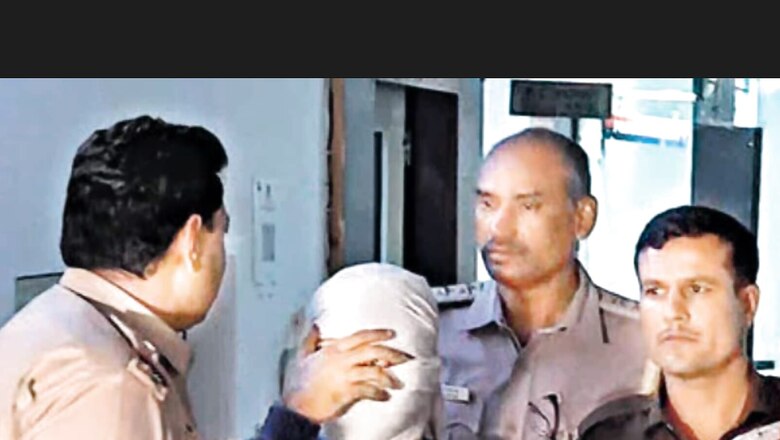
views
Aaftab Poonawalla, who is accused of murdering his live-in partner Shraddha Walkar in Delhi’s Mehrauli area, has agreed to a Narco test. The Delhi police had earlier asked permission to conduct the ‘truth serum’ test on Aaftab, who had chopped Walkar’s body in 35 pieces after committing the grisly crime during an argument.
The administration of sodium pentothal, also known as truth serum, is used in narcotics analysis tests. This medication reduces an individual’s self-consciousness, allowing them to speak freely. When a person loses self-consciousness and enters a hypnotic state, the test takes place. Examiners can now question the subject and get genuine responses.
However, there is considerable criticism of narco tests in India. Opponents of narco-analysis argue that there is insufficient scientific evidence to justify its use as a reliable source of interrogation, citing abuses by several Indian police agencies.
India is known as the world’s narcoanalysis capital, with so-called biscuit teams (behavioural science consultation teams) using pseudoscience to justify illegal interrogations. Despite the interest of security agencies around the world, inconsistent results have made objective truth elusive, despite increased suggestibility, reports state.
Are Narco Test Confessions Admissible in Court?
The Supreme Court ruled in the Selvi vs State of Karnataka & Anr case (2010) that no lie detector tests should be administered without the accused’s consent. Volunteers must also have access to a lawyer and have the physical, emotional, and legal implications of the test explained to them by police and the lawyer. The results of the tests cannot be considered “confessions,” but any information or material discovered as a result of such a voluntarily administered test can be admitted as evidence, reports stated.
The Supreme Court cited Article 20 (3), or the right against self-incrimination, which states that no accused can be forced to testify against himself. In the 1997 case of D.K. Basu vs. State of West Bengal, the Supreme Court ruled that involuntary administration of the polygraph and narcos test constituted cruel, inhuman, and degrading treatment under Article 21 of the Constitution, or the Right to Life and Liberty. It may also violate the Right to Privacy, which is a component of the Right to Life.
The results of these tests are not admissible as evidence under the Indian Evidence Act of 1871.
How is the Test Conducted?
The subject is only subjected to the test if he or she is medically fit. The hypnotic Sodium Pentothal, also known as Thiopentone, is injected into the subject. The dosage is determined by the patient’s age, gender, and other medical conditions.
The dosage must be precise because the incorrect amount prescribed can result in death or coma. Other precautions must be taken while performing the test. The person is placed in a state where they can only answer specific questions after the drug is injected.
Read all the Latest Explainers here


















Comments
0 comment